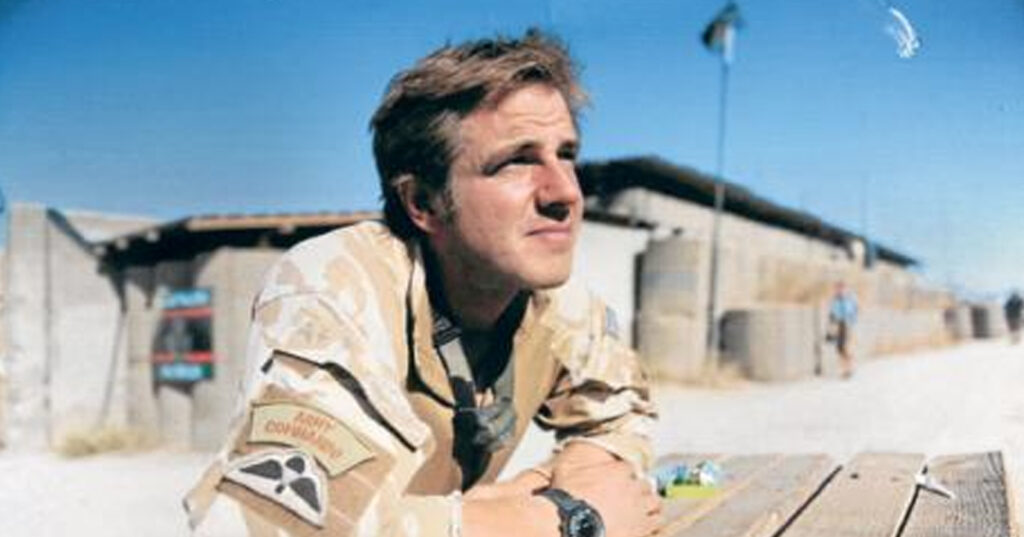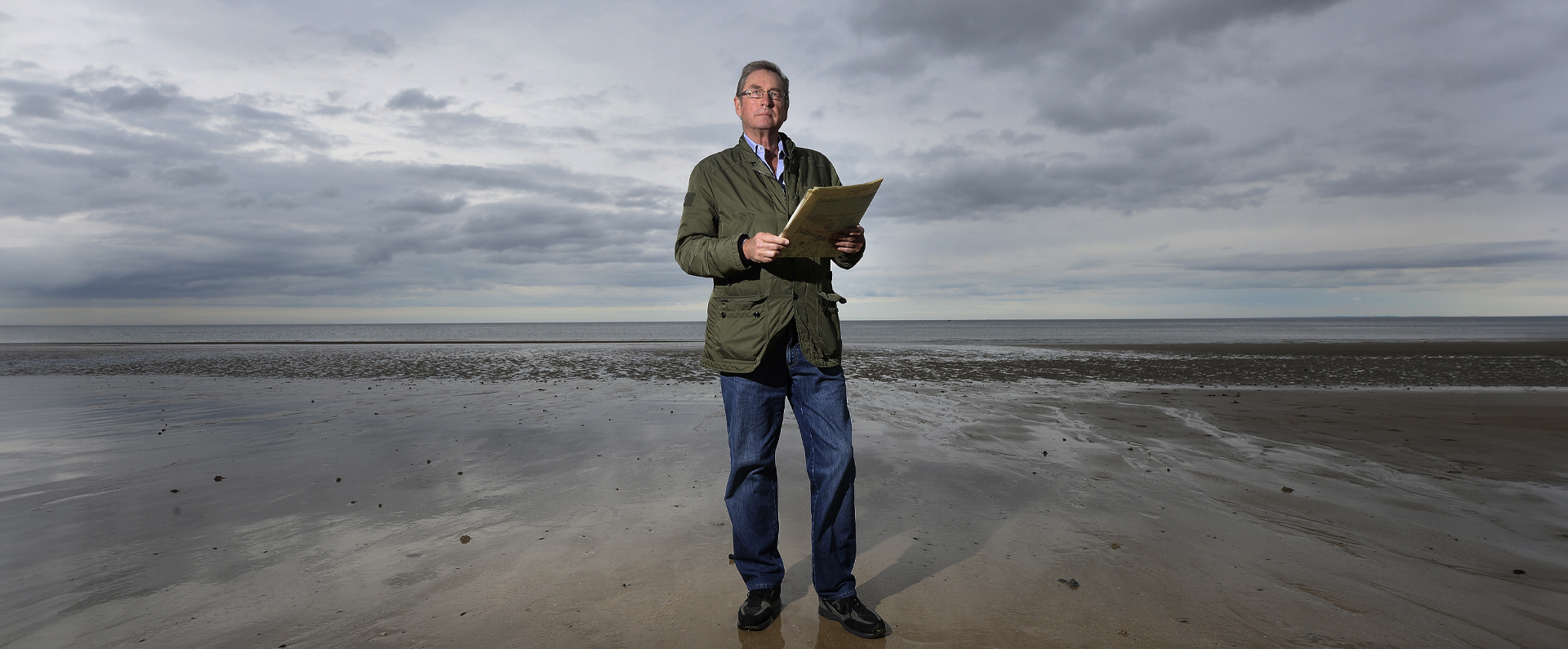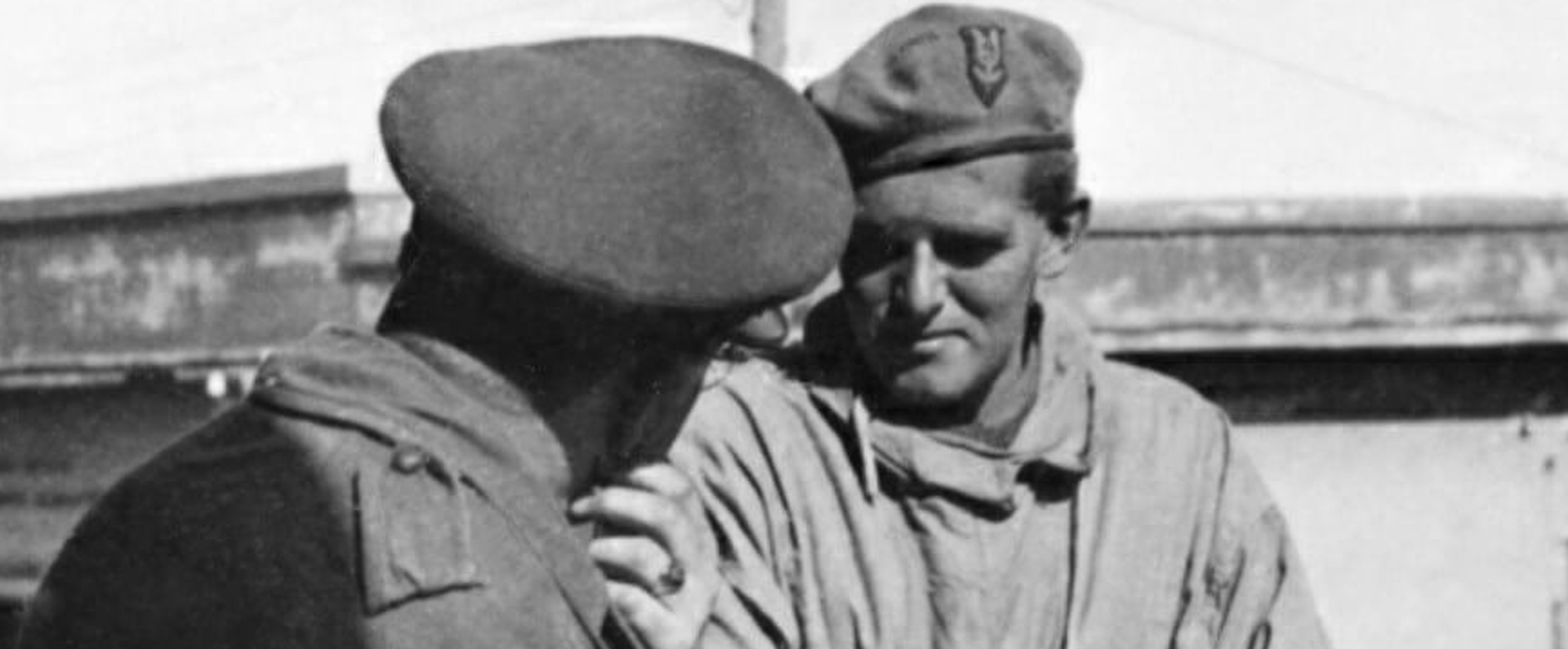
Published in The Sunday Telegraph on 13 February 2011.
Staff Sergeant Olaf ‘Oz’ Schmid
The inquest into the death of Staff Sergeant Olaf Schmid has valuable lessons to teach us, argues Lord Ashcroft.
The two days of evidence into the death of Staff Sgt Olaf Schmid, one of the bravest men anyone could ever hope to meet, distressed me greatly.
It was clear that after spending five months in Afghanistan’s Helmand Province – arguably the most dangerous place on earth – Staff Sgt Schmid, known affectionately as “Oz” to family and friends, was at his wit’s end: physically and mentally drained.
Staff Sgt Schmid, an experienced bomb disposal operator, had already made safe an incredible 64 Improvised Explosive Devices (IEDs) during the tour.
It is little surprise therefore that a comrade told an inquest in Truro, Cornwall, that his “inspirational” leader appeared “under pressure” and “rushed” on the day he died.
This courageous soldier had already dealt with two IEDs on October 31, 2009, when he was blown up and killed dealing with a third device in Sangin.
Staff Sgt Schmid, aged 30, who had been due to return home the day after he died, left a grieving widow and a young stepson.
I felt deeply moved when I heard Lieutenant Colonel Robert Thomson, the Commanding Officer of 2 Rifles Battle Group, describe Staff Sgt Schmid as “simply the bravest and most courageous man I have ever met…Superlatives do not do the man justice. Better than the best. Better than the best of the best.”
Staff Sgt Schmid was later awarded a posthumous George Cross, Britain’s most prestigious gallantry award for bravery not in the face of the enemy.
During my research for my book, George Cross Heroes, I interviewed Staff Sgt’s Schmid’s widow, Christina, who later kindly wrote the Foreword to my work.
Christina, who captured the nation’s respect with her dignified show of defiance when her husband’s body was repatriated to Britain in November 2009, left me in no doubt that her husband had been pushed too far. She later presented a Panorama programme, questioning whether the Army had failed in its duty of care to her late husband.
She gave an insight into his desperation as he neared the end of his tour. He was “flaking” and had suffered from the “absolutely relentless” demands of his job.
Christina, whom I now count as a friend, also revealed the contents of a letter from her husband written shortly before he died.
It read: “Staying alive is like a lottery and patrolling the Afghan badlands is playing Russian roulette with your feet.”
Christina was not alone in her concerns about the pressures put on high-threat bomb disposal operators.
Indeed, on the very day that programme was broadcast, it was revealed that Colonel Bob Seddon, the head of the Army’s bomb disposal squad, was resigning amid his concerns that financial cutbacks had left his men overstretched to deal with some 250 IEDs a month in Helmand province.
Colonel Seddon, who was head of 11 EOS (Explosive Ordnance Disposal) Regiment, was worried that his men would face long-term health risks.
Last week he told the inquest that, in the month after Staff Sgt Schmid’s death, the Army had only 50 per cent of its desired level of IED specialists. It was a “constant battle” to keep up with new IEDs developed by the Taliban.
Today I urge the Government to impose a maximum tour of four months in duration for any front-line bomb disposal operator. To ask any man to do more means we are putting intolerable pressure on individuals and failing in our duty of care to our brave soldiers.
We must no longer sit back and allow such brave men to be exploited by their country. As the inquest into Staff Sgt’s Schmid’s death was being heard, I tabled a question in the House of Lords which read: “To ask HMG if it intends to reduce the length of six-month-long overseas tours for high-threat bomb disposal operators in Afghanistan (and other frontline areas) and, if so, what is the maximum period of time that is considered appropriate for such a tour.”
Make no mistake: every bomb disposal operator, like all soldiers on the front-line, knows the risks. If he wants a safe job, he should choose another career. However, there has to be a limit and to ask our bomb disposal operators to carry out six-month tours goes beyond what is reasonable – and puts their lives, and other lives, at risk to a degree that is unacceptable and unnecessary.
Carrying out two shorter tours every two or three years rather than one six-month tour over the same period does not mean that, at a time of public service cuts, the Army has to spend more hiring a larger number of operators. Instead, it simply gives the same men a chance to recuperate fully in between two shorter tours rather than one long one.
Staff Sgt Schmid went to Helmand Province at the time when Taliban activity was at a peak; the threat of IEDs in the summer of 2009 had increased 400 per cent in just 18 months.
I will never know what it is like to defuse a deadly IED – or the sense of fear of knowing that a tiny error of judgement will cost, not just the operator’s life, but often other innocent lives too.
However, last year I was privileged to spend a day participating in the Ministry of Defence’s “continuation training”. Under the guidance of my generous hosts, 621 EOD Squadron, part of 11 EOD Regiment, I was involved in Improvised Explosive Device Disposal (IEDD) work: learning how to deal with deadly devices such as road-side bombs. My experience left me with an overwhelming feeling of admiration and respect for the astonishing courage of our bomb disposal teams.
High-risk bomb disposal operators share my concerns that six-month tours are unreasonably long and arduous. Sean Rayment, The Sunday Telegraph’s defence correspondent, ends his new book, Bomb Hunters, with a plea from Staff Sergeant Kim Hughes, who was awarded the GC on the same day as Staff Sgt Schmid, to cut the lengths of tours by at least a third – to four months.
Staff Sergeant Hughes, since promoted to Warrant Officer Class 2, said: “Six months is a long time for what we do in Afghanistan. We were all exhausted. I’d say it was too long…Guys are going out every day clearing a ridiculous number of bombs.”
Shortly before his death, Staff Sgt Schmid had told his wife: “Men walk away with medals but I just want to walk away with my life – and my legs – from this tour.”
Sadly for him and Christina, this exhausted young man lost his life, but gained the posthumous gallantry medal that he was too modest ever to think he deserved.
Yet Staff Sgt’s Schmid’s life must not have been lost in vain: we must act immediately on the lessons that we have now learned from his tragic death.
Read the full article in The Sunday Telegraph
For more information, visit:
LordAshcroftOnBravery.com


